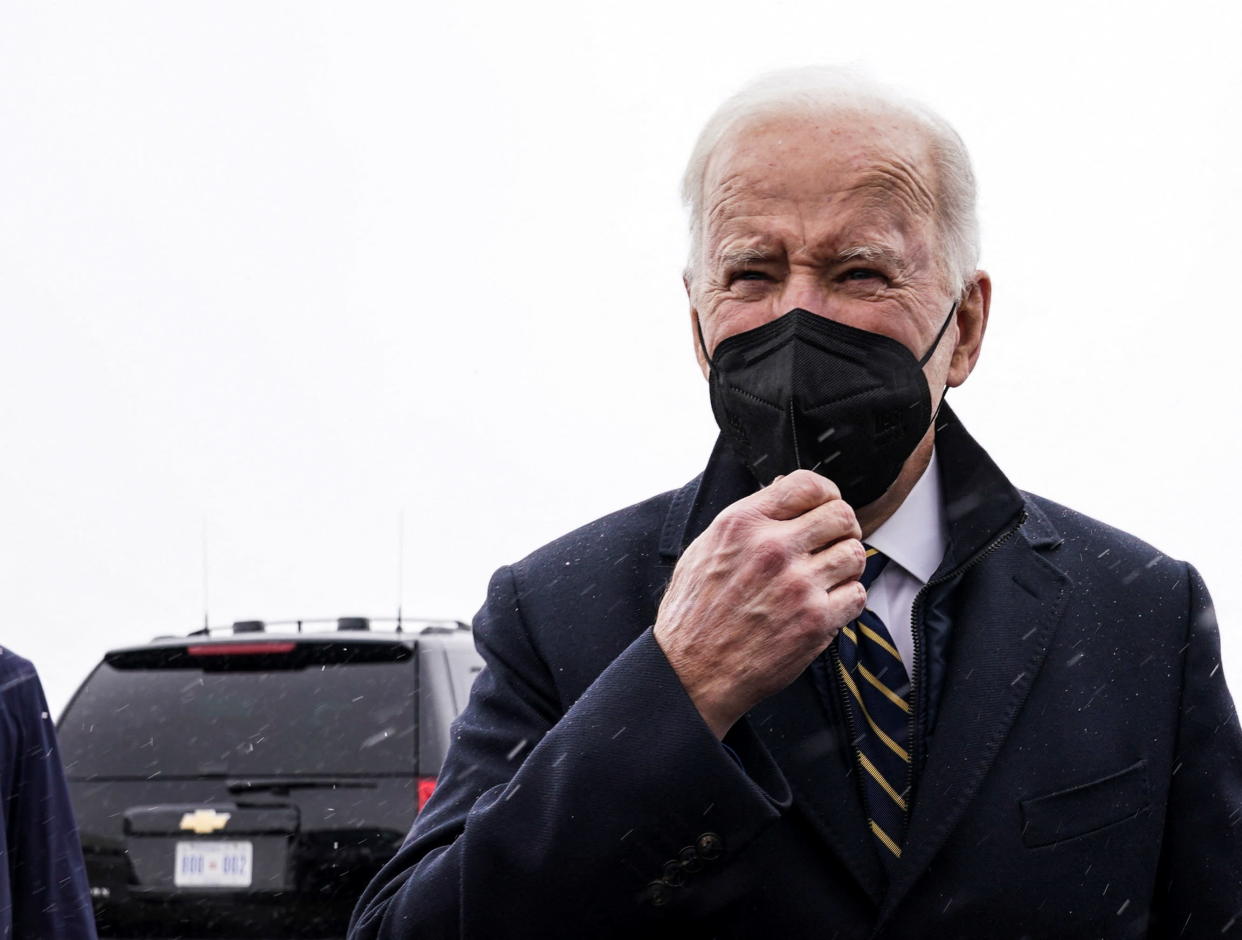Brag while you can [Video]
President Biden has a brief window of time to boast about the economy. He should make the most of it before the story turns against him.
Real GDP growth in 2021 rang in at 5.7%, the most since 1984. That’s adjusted for inflation, so it’s as good as it sounds. GDP shrank by 3.4% in 2020, President Trump’s last year in office, so the economy has gifted Biden an enviable talking point. He can say without exaggeration that the economy rebounded sharply once he took office.
The economy would have recovered regardless of who was president, thanks to aggressive fiscal and monetary stimulus that cut short a brief recession that would have been a lot longer without it. Biden gets credit for signing the American Rescue Plan into law in March, but most of the magic came from Congress before that, and from the Federal Reserve’s extraordinary rescue efforts. Presidents do get to brag about good things that happen while they’re in office, but that doesn’t mean voters have to buy it.
Voters, in fact, already seem to be discounting the economy’s strong performance last year, with the University of Michigan’s consumer confidence index for January notching its worst reading in 10 years. Inflation, now running at 7%, is the main factor bumming people out. GDP growth is abstract to a typical family, but rising food and gas prices are painfully tangible.
Biden has hit the road to tout the growing economy and billions in infrastructure spending that will be heading to states and cities in 2022 and beyond. The timing was oddly perfect as Biden flew to Pittsburgh to highlight road and bridge funding on the same day a dilapidated bridge there collapsed, injuring 10.

[Get Rick Newman’s stories by email or follow him on Twitter.]
Nobody pegged that fallen bridge as a metaphor for Biden’s presidency, but in a month or two, they might. The outlook for the beginning of 2022 is considerably worse than the backward-looking data for 2021. Forecasting firm IHS Markit expects GDP growth for the first quarter of 2022 to drop sharply to a 1.8% annualized rate. The main force driving output lower will be a slowdown in consumer spending on both goods and services, much of that related to the COVID Omicron variant and the disruptions it has caused.
Omicron could also depress job growth numbers during the next couple of months. Oxford Economics expects a “mild contraction in January payrolls,” and possibly in February as well. That would negate the Biden narrative of a rumbling economy fueled for liftoff by infrastructure money, since you can’t have a booming economy if you’re losing jobs. The next two months, in fact, could be rather gloomy, as Omicron lingers, high gasoline and home heating costs batter family budgets and hiring goes sideways.
Things ought to look better by spring, especially if Omicron fades into warmer weather and no new variant comes along to carry on the damage. Most forecasters think spending and job growth will pick up again once COVID isn’t sickening workers and compelling millions to self-isolate.
But it now seems clear the Federal Reserve will be hiking interest rates by then, a near certainty financial markets are already factoring in to the 2022 outlook. Stocks have started the year in a nasty slump, with the S&P 500 index down more than 8% so far in 2022. The selloff stems largely from concerns about overvalued stocks and the crimping effect of rising rates on corporate earnings. By the time the Fed actually hikes, the rumor might be worse than the news and the market may have digested the implications. But a volatile stock market seems much likelier this year than last, given the end of super-easy monetary policy.
Inflation is probably the biggest threat to the economy, and to Biden’s popularity. That, too, could improve by spring, as supply-chain kinks ease and spending shifts away from goods and back toward services. Consumers may take a while to notice, however, and to repair the damage done by a year’s worth of higher prices for many essentials, including rent. By midyear, Biden may have a much better story to tell on the economy, but voters toughing out a few punishing months may take a lot of convincing.
Rick Newman is a columnist and author of four books, including “Rebounders: How Winners Pivot from Setback to Success.” Follow him on Twitter: @rickjnewman. You can also send confidential tips.
Read the latest financial and business news from Yahoo Finance




.jpeg?width=682&height=455&name=AdobeStock_295048993%20(1).jpeg)

